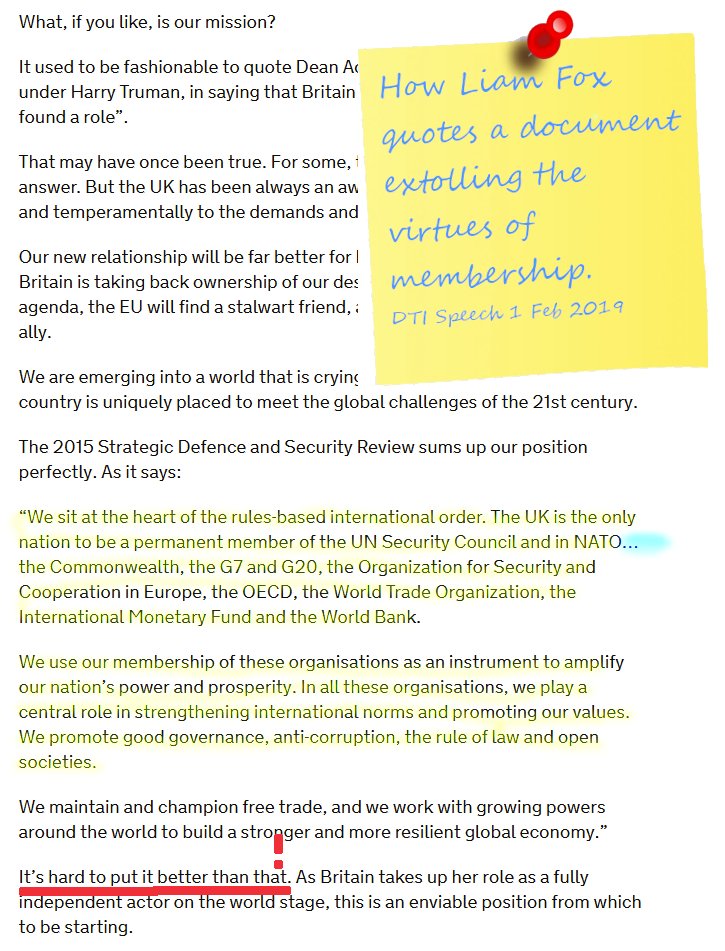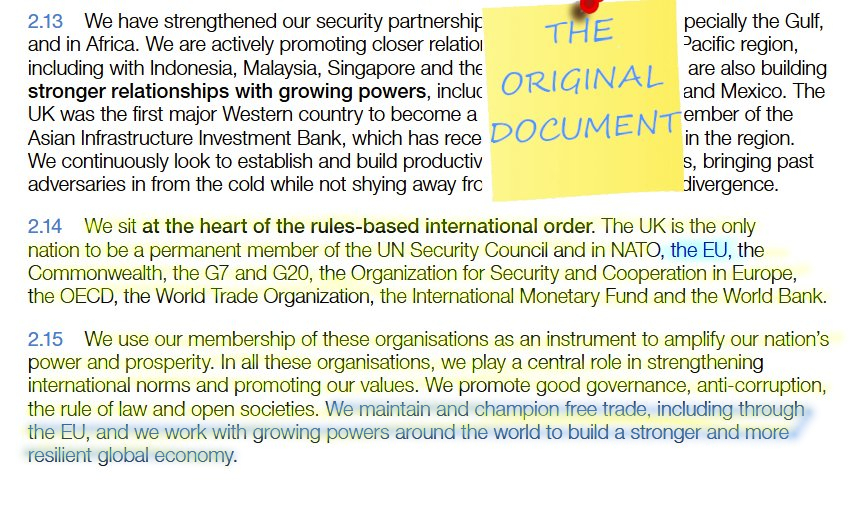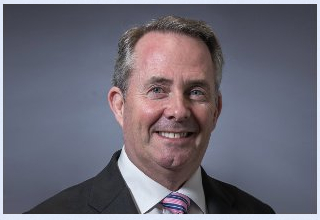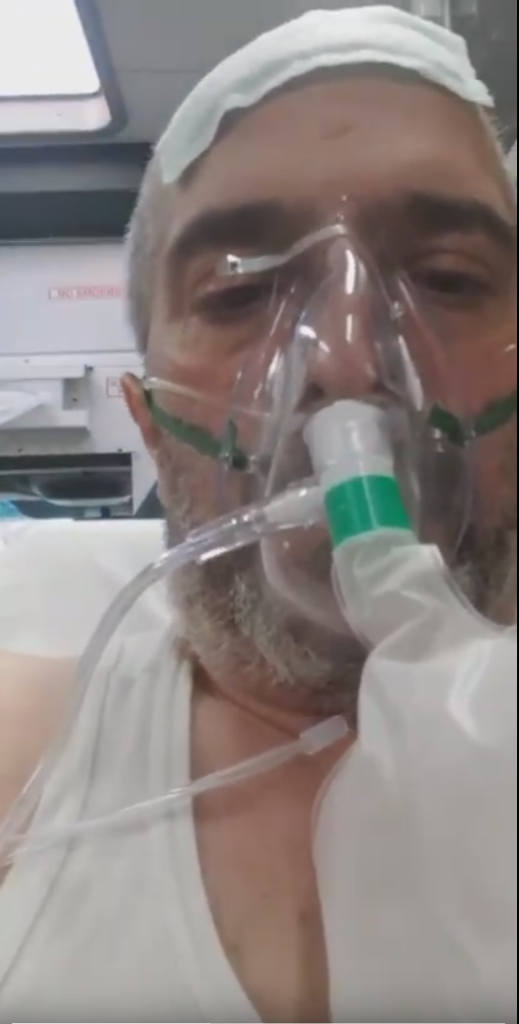UPDATE 8 MAY 2021
Since I wrote this a week or so back, the Tories have had remarkable electoral success. If that bothers you, the time to pick yourself up and do something about it is now – although I will allow a weekend of wound-licking. Because, win or lose, history teaches us that the battle is never won. The suggestions below are for you, and me, and a brighter future.
Sometimes when I complain online about this awful government, responses come back with, “Yes, but what can we do? They have an eighty-seat majority. There’s no general election for years, and even if there were, they are ahead in the polls.”
I get it. I feel that pain. I share it.
Worse, complaining on Twitter, even if one can reach beyond one’s echo chamber, is highly likely to be ineffective; vast swathes of the British voting public don’t go near it, and are far more likely to hear their news on, and have their opinions influenced by, Facebook, and the print media, which are overwhelmingly right wing. If you want to change the world, Twitter is probably not the place. Worse, it may even be a substitute for action – a place to vent, and then carry on as before. While we are complaining about the current government on Twitter, we are not doing other things which might be more effective. Twitter may in fact be a useful home for political irritants; a useful asylum perhaps.
Personally I think Twitter is better than nothing – it probably brought you here – but I accept that it may not be much better than nothing. After all, we don’t appear to be winning. We appear to be going backwards, in fact – hard, and dizzyingly fast.
But a great Tony Benn line stays with me and gives me reason not to despair. These problems, he pointed out, are cyclical: “Every generation must fight the same battles again and again. There’s no final victory and there’s no final defeat.”
Enjoy these thirty-three seconds of inspiration.
So, with the twin flames of anger and hope burning in our hearts, what can we do?
1) Ask yourself what you personally have to offer. Act according to your strengths.
2) Join a political party. It’s still a good way to engage.
3) Attend. Be vocal.
4) If your passions are not adequately reflected in a party, join a single-interest campaign. Create one if you have to.
5) Support individual influencers and politicians. Write to them with encouragement. Offer what assistance you can.
6) If you have money, chip in.
7) If you have talents or expertise, but not money, offer them to the politicians, parties and groups you support.
8) If you have a platform, use it. Develop it. Express your opinion. If you don’t get traction, try a different method. See what works.
8) (a) Special note to artists and celebrities: please, be brave. Yes, you may lose fans. Yes, you may harm your career. Yes, you may become a target for abuse. The cost/benefit calculation has to be a personal one, according to your circumstances. But remember, too, that folk without a “megaphone” depend on those who do. And if, in the short run, there are always valid pragmatic reasons not to put your head above the parapet, remember, also, that an honourable trail never goes away, and in the long run will be to your credit.
For inspiration, I give you:

Hugh showed courage. Hugh continued to work. Hugh starred in Paddington 2. Paddington 2 has today been feted as the Best Film Ever on Rotten Tomatoes. Hugh is a hero.
9) Enlist support. Others will likely want to help you. Find your people. On your own, you are more vulnerable and less effective.
9) (a) Don’t be afraid to be a leader. Somebody has to. Chances are, if you’re nervous, you’re the kind of leader we need! Remember: if you don’t feel like an imposter, you probably shouldn’t be in the room.
10) Stop being polite. Be political when it is not “the done thing”. Speak up when you hear lazy opinions, or worse. Do it charmingly if you have to. But do it. It gets easier.
11) Be informed. Do your own, first-hand research if you have time. It strengthens your arguments if you can evidence them, and you will learn a lot. (Unfortunately, you will probably discover that things are a lot worse than you feared. Sorry about that.)
12) Stand for office. If you’re daunted, see 9) (a) above!
13) Protest. Online, on the streets, on the media. Phone up, write in. Sure, do Twitter. Create a meme. Use all the tools, use all your skills. Street protests are likely to become a lot harder and therefore a lot more dangerous; proceed with caution, but do proceed. Street protests are hated because they are visible the world over, and they work. I do not recommend breaking any laws, but if you fear you might end up in a police van, learn what to do, and have the number of good civil rights lawyers on the back of your hand.
14) Play to win. Decide what a win is for you. Since nobody gets all of what they want, don’t let perfection be the enemy of the good.
15) So don’t despair. There are many ways to take action. You are not alone, and we’ve been here before. Anger and hope, my friends. Anger and hope.
PS I need support and encouragement too, same as you. Help me by following me on @dminghella on twitter, and dropping me a line. And do, please, let me know if I’ve missed anything in this list. Thank you!
PPS I forgot a big one, it’s so obvious. Quick story: a medical student friend of mine in the 1980s told me how he had failed to vote in local elections in Oxford. He was busy, and what were the chances of his one vote making any difference? His candidate lost by one vote, and he resolved never to fail to use his vote again. And so did I. It’s unlikely that anyone reading this post will need reminding, but for heaven’s sake do vote. And take a friend or neighbour with you; a little nudge from you might make a difference, and a lot of little differences become a wave, a sea-change, progress.
PPPS I have to salute another hero, Andy Serkis, who also acts with courage. We made this one together, alongside my colleague Mark Lucas of Silverfish Films and Lucas/Minghella:




